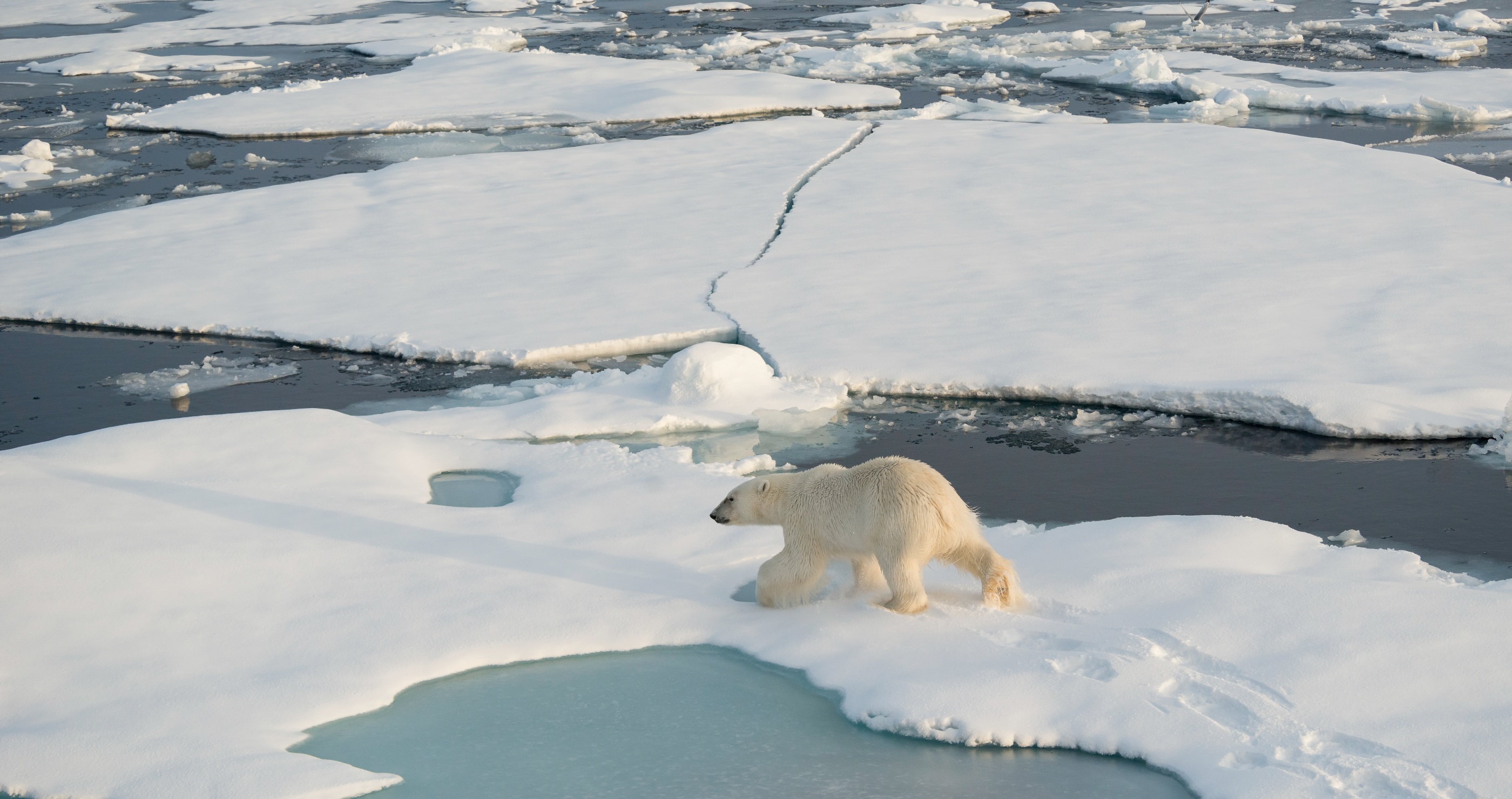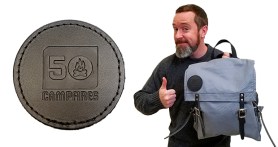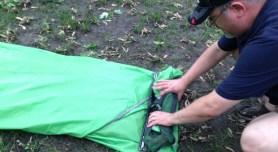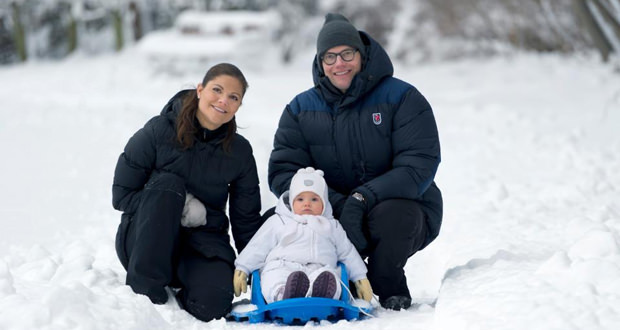

Thanks to the Polar Vortex last year I had to endure the coldest winter in my entire life. I threw boiling water in the air and watch it turn to mist – that’s cold. Summer is over and the fall foliage is developing all around us. That only means winter is coming and the dreaded cold. This year I plan to be more prepared and turned to science to keep warm this winter. Here are 5 science based tips to staying warm.
Videos by Outdoors
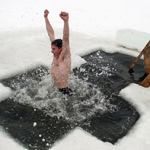
Stay Dry
I know this is obvious. However, staying dry is hard if you are bundled up too much and sweating or stomping through icy puddles or wet snow. The trick is layering and choosing the right fabrics for each layer. Base layer should of a synthetic material that wicks moisture away from the body. The layer on top of the base layer should be an insulating layer keeping your body heat in. Try avoiding cotton layers from touching the skin.

Protect Your Core
When your core gets cold your body’s natural defense is stop sending blood to the extremities and keep it for vital organs. Therefore the best solution for cold hands and feet is often to heat up your core. Core warmth is most easily achieved through physical activity but increasing insulation with the layers technique mentioned in tip 1 is another option.

Winter Hat Myth
The assumption that 70% of your body heat escapes through your head is false. Body heat loss relates to how much skin is exposed. Wearing a hat will keep you warm, but should not be depended on in lieu of layering up and keeping the core toasty.

Mittens over Gloves
Protecting your core should always be priority number one. But, remember, the less skin you have exposed the better. If you don’t mind having less mobility with mittens, clustering the fingers together helps to produce more insulating body heat.
Stay Hydrated
Our hydration needs don’t change much in the winter months. In cold weather your body loses water the same way it does in warm weather through sweating, breathing and urinating. Staying well-hydrated helps keep you warm. The more hydrated you are, the easier it is to stay warm. Cold winter air usually means dry air and water also helps skin circulation and produces mucous in order to fight off bacteria.


